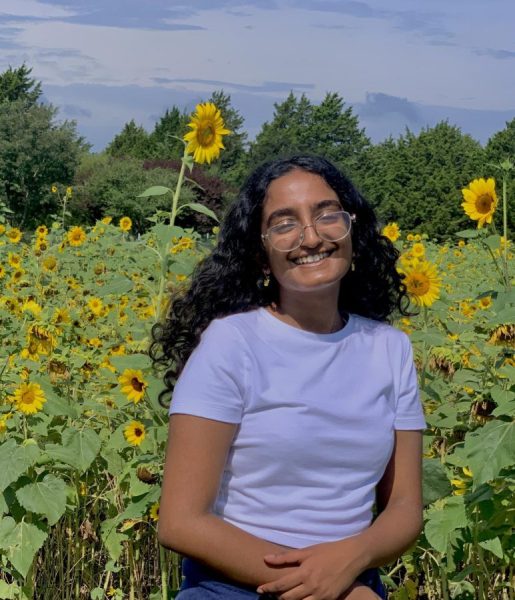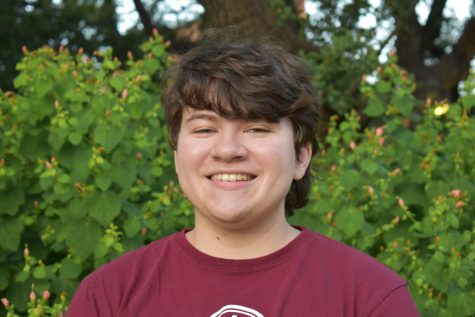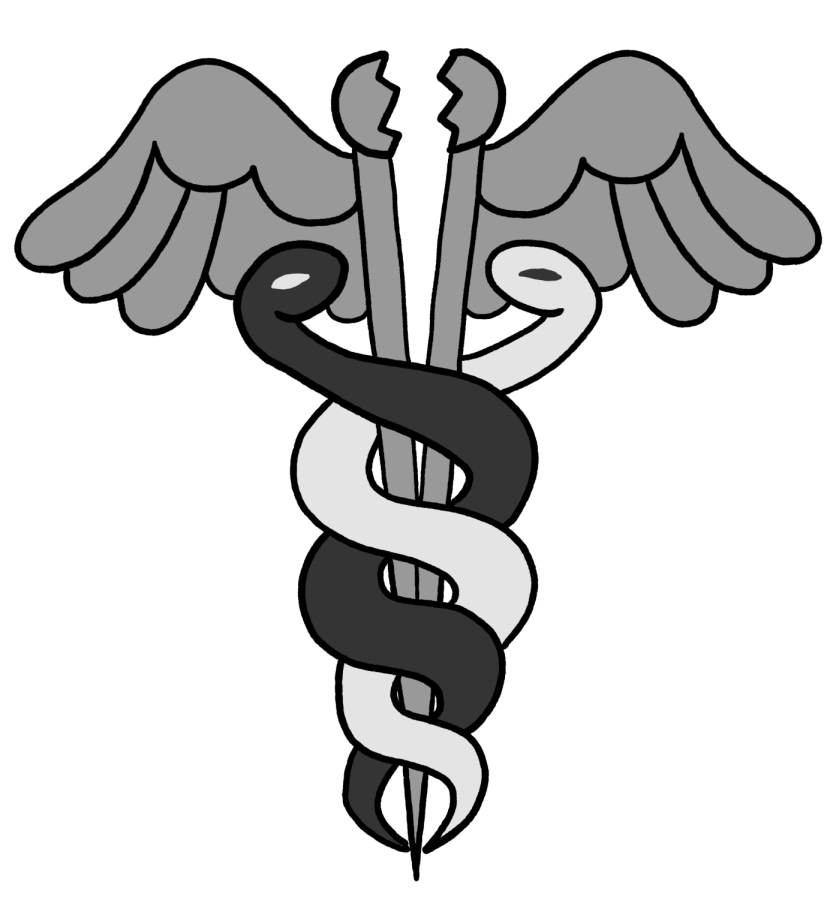How to truly “do no harm”
Growing up, the only thing I ever wanted to be was a doctor. To me, that was the ultimate goal, the highest achievement I could reach. In my mind, doctors were the paragon of morality, sacrificing time and effort to save lives and offer comfort that others could not. As I got older, discovering that doctors, too, are human, and not automatically free from prejudice was a harsh realization.
When people walk into a physician’s office, they expect to receive help, to find an answer to their problems. People put so much trust in healthcare professionals, hoping that they will listen to their symptoms and help find a solution. However, this trust is breaking down as case after case reveals the ingrained bias in the medical field that has been swept under the rug: a bias that causes active harm to marginalized communities. I have never stopped wanting to become a doctor, but now it is with the additional knowledge that the medical system – like all systems – is an imperfect one. It is up to all those looking to enter healthcare to be aware of the ingrained biases and work to ensure that medicine truly does no harm to everyone.
Medical school, and therefore the physician population in general, historically has a white majority. With over 60% of physicians being white, and many of them over the age of 45, a doctor’s office can become a threatening place for people of color. Although medical schools are working to improve these statistics, the education that many practicing physicians today received did not include anything about racial disparities other than stereotypes.
Students are taught that certain racial groups are less susceptible to pain, more likely to fake illnesses, or simply less likely to fall sick, none of which had any evidence. Medical textbooks, as recently as 2017, contained information stating that “Muslim clients must endure pain”, “[Black people] believe suffering and pain are inevitable” and “[Indians] believe that pain must be endured.” Over and over again, these racial stereotypes have been ingrained in medical education, setting up a physician class that is less likely to treat every patient with the proper respect.
Even if this bias is not conscious or evident in direct patient interactions, it still exists in many physicians’ minds and can indirectly impact the way they perceive different patients. I have witnessed physicians who will be respectful to a patient’s face but will then make derogatory comments about immigrants, people of color or queer communities behind closed doors. People of color who shadow these doctors, hoping to gain experience before medical school, are forced to feel out of place and uncomfortable while people in a position higher than them – a trusted position – discuss their rights like it is a game. Medical school can already be a hard place for underrepresented minorities without the added stress of feeling unwelcome before they even apply.
These physicians also allow others in the majority to feel safe in perpetuating intolerance in the operating room or office, as long as patients cannot hear. Students not part of underrepresented minorities may shadow these same physicians and feel justified in their way of thinking, or maybe even pick up on these habits. They will then continue this cycle of implicit bias, whether they actually consciously show this bias to patients or not. People of color will continue to go to these physicians, only to be dismissed by a bias that a physician might not even realize they have.
With all of these factors, it’s no wonder that public trust in the medical field is diminishing, specifically, in Black and Brown communities that have been wronged over and over again. Many do not even wish to enter the medical field, although their presence would help bring about a positive change. No one wants to bear the burden of fixing a system that is not in their favor. That is why education about racial disparities in medicine needs to go deeper than just advocacy by those who have been wronged. There need to be open discussions within medical communities about patterns that persistently invalidate the health concerns of the marginalized. There need to be ways, even before medical school, that people are taught to think critically about race and society and the systemic issues that keep equity out of reach.
None of this is to say that the medical field needs to be torn down or that physicians should be trusted even less, but rather, that those in healthcare should put active consideration into what biases are hurting marginalized communities. The medical field provides an important service. Despite its historical problems, it still provides people with resources for their well-being. It helps make sure that people receive the help they need. The medical field is important, and it is for that reason that I believe we should find ways to improve it. Already, more and more medical schools have started requiring their applicants to take a sociology course, giving them the opportunity to learn how to think critically on a social level. This opens the door for conversations about systemic and historical prejudices that persist in medicine and how to fix it on both an individual and on a larger scale, which is one step closer to change. There is hope for this system, if only those in – or interested in – healthcare take the time to fix it.

My name is Ashwini Vivek (she/her) and I am an Opinion Writer for the Trinitonian! I am a senior Neuroscience major from Dallas, and I'm also involved...

I am a senior Art and English double major from San José, California. I also have an accidental Medieval and Renaissance minor that I picked up through...



